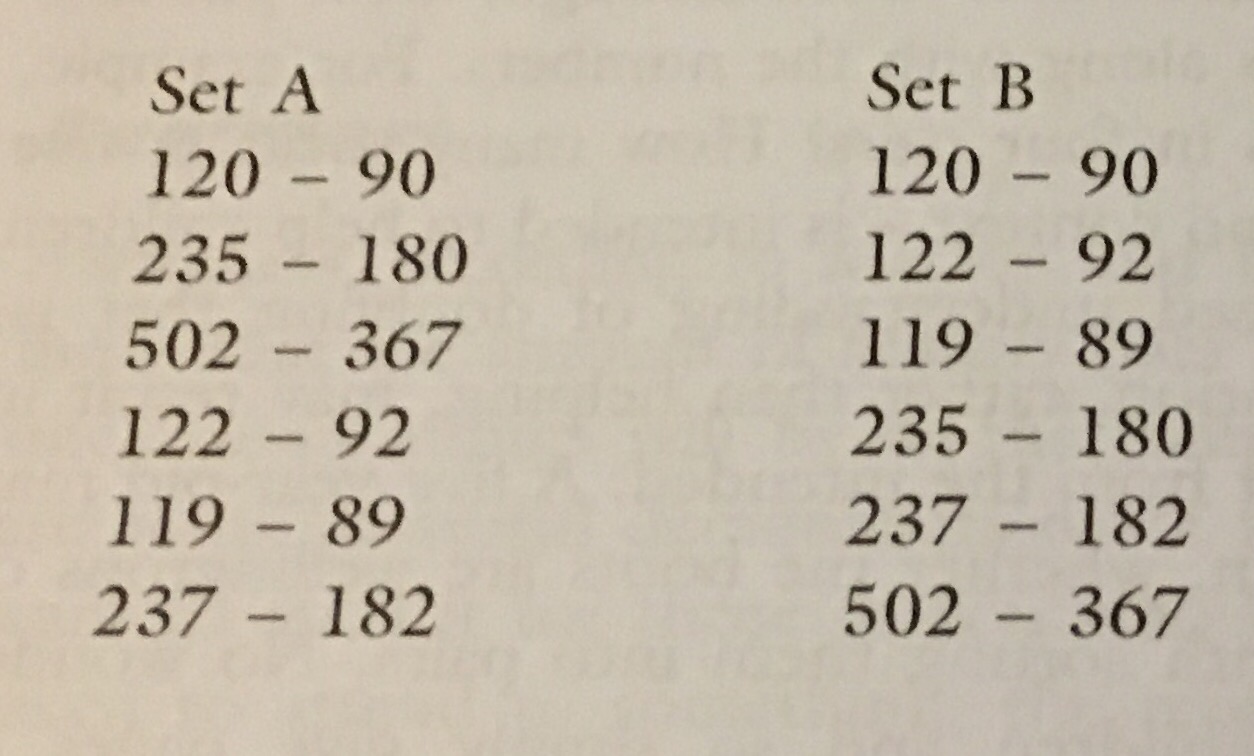Last year I was lucky enough to go to one of my local MathsHub’s Secondary Curriculum Development sessions which Debbie Morgan, the NCETM director of primary was leading.
I really enjoyed this session and now the NCETM have helpfully put up a video of a similar session online. Even though it is targeted at primary I think it is definitely worth a watch by secondary teachers.
Here are some points, that I feel are important, made in the video.
Planning and Workload
A mastery approach requires one very good lesson; you shouldn’t be planning loads of different lessons as a way of differentiating. She also said that there is no point writing 32 “next steps” in books as the next step in a mastery approach is just the next lesson.
Shanghai Maths and Rules
Shanghai maths is about rules but it isn’t about rules without reason. Memorising things after understanding something leads to more secure learning. Shanghai students are asked to give answers in full sentences such as “The whole is divided in to 4 equal parts, one of those parts is one quarter and so the shaded portion of the circle is one quarter.”These sentences are useful as they get students used to taking and understanding the mathematics – it gives a “context to hang the mathematics on”.
Variation Theory
Debbie talks about this example from Mike Askew’s book “Transforming Primary Mathematics” and discusses the differences between the two sets of questions. Set A is good for promoting just an algorithmic approach to subtraction, but set B (which contains exactly the same questions ) is ordered in such a way to promote students engaging with some mathematical reasoning. I don’t think Variation theory is talked about enough to be honest – I know I should think about it more when designing questions for my classes.